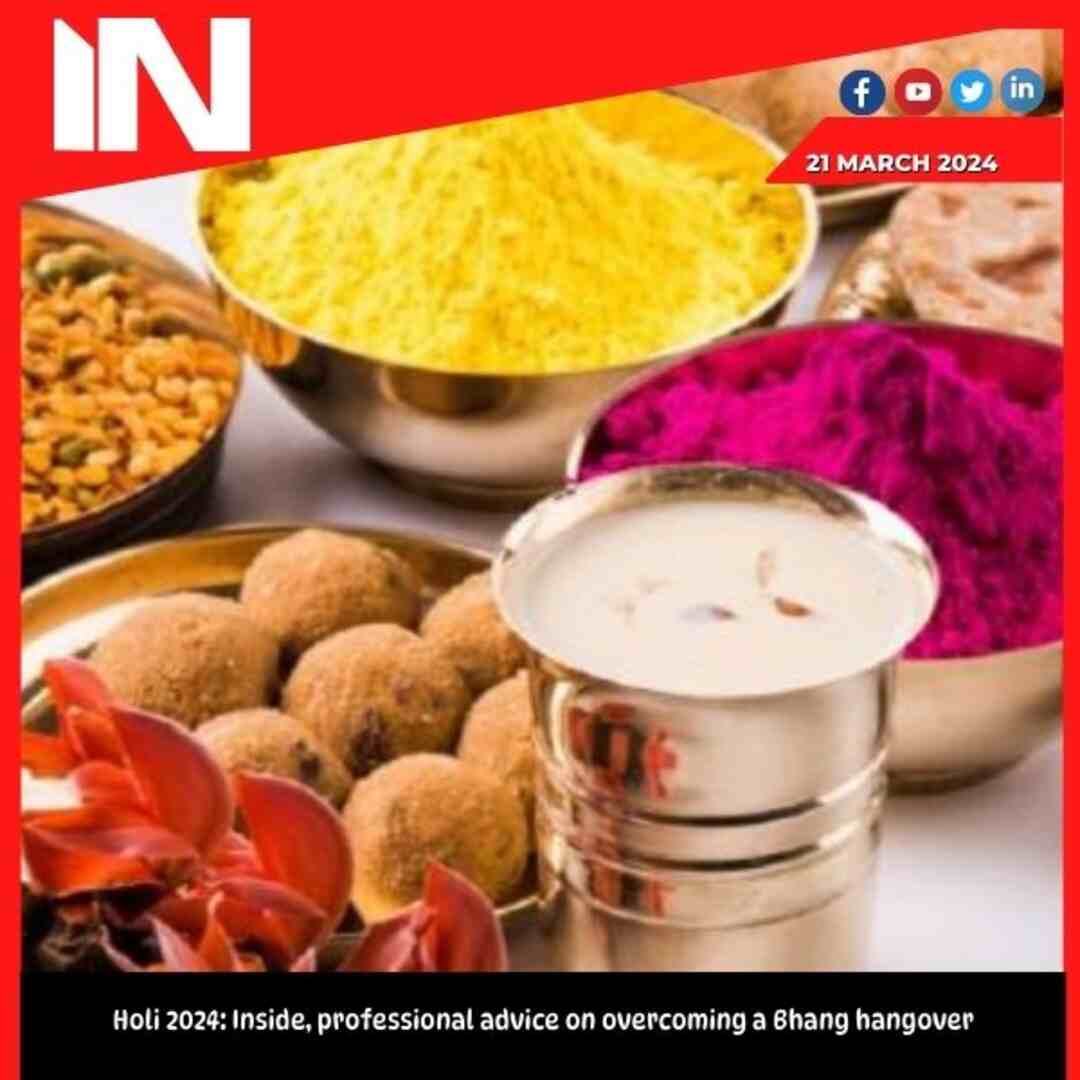health and remedies
Patterns of behaviour that emerge after trauma
Trauma is a deeply distressing or disturbing experience that can leave a lasting impact on a person’s mental and emotional health. It can result from a range of events, such as natural disasters, accidents, physical or emotional abuse, or military combat. Trauma can have a significant effect on a person’s behavior and can manifest in various ways. Here are some patterns of behavior that often emerge after trauma:
- Hyperarousal: After experiencing trauma, a person may feel constantly on edge, with heightened levels of anxiety and tension. This can manifest as irritability, restlessness, and difficulty sleeping.
- Avoidance: Trauma can also cause a person to avoid situations, people, or places that remind them of the traumatic experience. This can lead to social withdrawal, isolation, and a loss of interest in previously enjoyable activities.
- Emotional numbness: Trauma can cause a person to feel emotionally disconnected or numb, making it difficult for them to experience positive emotions such as joy or love.
- Hypervigilance: A person who has experienced trauma may be hyper-aware of their surroundings and perceive threats where none exist. This can lead to an increased sense of danger, which can trigger anxiety or panic attacks.
- Flashbacks: Trauma can cause a person to experience vivid and intrusive memories of the traumatic event. These flashbacks can be triggered by a range of stimuli, such as sights, sounds, or smells.
- Guilt and shame: Trauma can cause a person to experience feelings of guilt, shame, and self-blame. They may feel responsible for what happened to them, even when it was beyond their control.
- Substance abuse: Trauma can lead to the use of drugs or alcohol as a way of coping with difficult emotions. This can quickly become a self-destructive pattern of behavior that exacerbates the trauma.
It’s important to note that not everyone who experiences trauma will display all of these behaviors, and that each person’s response to trauma is unique. However, recognizing these patterns of behavior can help individuals and their loved ones identify when trauma may be a contributing factor to mental and emotional health challenges. Seeking professional support, such as therapy or counseling, can help individuals process their trauma and learn healthy coping mechanisms to manage their behavior.
Was this response better or worse?BetterWorseSame
Group Media Publications
Entertainment News Platforms – anyflix.in
Construction Infrastructure and Mining News Platform – https://cimreviews.com/
General News Platform – https://ihtlive.com/
Podcast Platforms – https://anyfm.in
Trending
Holi 2024: Inside, professional advice on overcoming a Bhang hangover

Holi 2024: We are eagerly awaiting the arrival of this festival of colors, which is quickly approaching. Every year, the nation celebrates Holi with great fanfare and extravagance. Holi commemorates the eternal love and marriage of Goddess Radha and Lord Krishna. In addition, Holi commemorates Lord Vishnu’s victory over Hiranyakashipu, highlighting the idea that good always triumphs over evil. Holi will be celebrated on March 25 this year. Holika Dahan, also known as Chhoti Holi, is observed the day before Holi. On the day of Holi, many customs and rites are observed throughout India. The cities of Barnsana and Nandgaon celebrate Lathmar Holi, whereas Vrindavan celebrates Phoolwali Holi.
Holi 2024: Here are some professional suggestions to avoid Bhang hangover, ranging from eating a balanced diet to sipping herbal tea.
During Holi, a variety of snacks and beverages are made to be enjoyed with loved ones. The colorful, crispy, and delectable Holi snacks range from gujia to rasmalai to namakpare. Thandai, a delightful concoction of milk, spices, and sweets, is the queen of the drink table. Bhang is among the primary draws of Holi. For its euphoric impact, thandai is sometimes blended with powdered paste made from the female cannabis plant’s leaves and flowers. But after the first euphoria wears off, there’s also the inevitable hangover the following morning.
Methods for overcoming a hangover
Hydrate the body: Hydration is crucial for managing a hangover caused by Bhang during Holi. Sip on lots of water to flush out toxins and replenish your body’s moisture.
Consume coconut water: Coconut water and other electrolyte-rich beverages can help replenish lost nutrients.
A balanced diet: blood sugar regulation and nausea reduction can be achieved by eating a well-balanced meal high in carbohydrates, proteins, and healthy fats.
Herbal teas and rest: Herbal teas with relaxing properties, such as peppermint or ginger, can ease stomach discomfort. Your body can mend itself by resting in a quiet, dark environment.
Limit alcohol intake: Limit your alcohol and cannabis intake to prevent symptoms from getting worse. As soon as symptoms develop or continue, get medical help.
Group Media Publications
Entertainment News Platforms – anyflix.in
Construction Infrastructure and Mining News Platform – https://cimreviews.com/
General News Platform – https://ihtlive.com/
Podcast Platforms – https://anyfm.in
-

 Web Series1 month ago
Web Series1 month agoSpoilers for Star Wars: The Acolyte, episode three: The new episode has caused the internet to go crazy.
-

 Music2 months ago
Music2 months agoDalton Gomez, Ariana Grande’s ex, makes his Instagram debut alongside his new partner Maika Monroe.
-

 Music2 months ago
Music2 months agoMin Hee-jin will continue to serve as ADOR’s CEO, and following the shareholders’ meeting, HYBE names three new board members.
-

 Entertainment2 months ago
Entertainment2 months agoSawa Pontyjska, a Ukrainian model, is suing the Cannes Film Festival organisers, alleging that a security guard assaulted her on the red carpet.
-

 Hollywood1 month ago
Hollywood1 month agoDeadpool and Wolverine might shatter box office records, which would be unprecedented for an R-rated film.
-

 Entertainment2 months ago
Entertainment2 months agoKai Cenat, a Twitch celebrity, travels to Taiwan for this poignant occasion.
-

 Music1 month ago
Music1 month agoBianca Censori’s obscene Tokyo ensemble provokes indignation in Japan. while Kanye West flies economy after losing…
-

 Hollywood2 months ago
Hollywood2 months agoMovie Review: ‘Am I OK?’ is a charming comedy about friendship that features Dakota Johnson’s endearing genuineness.
















